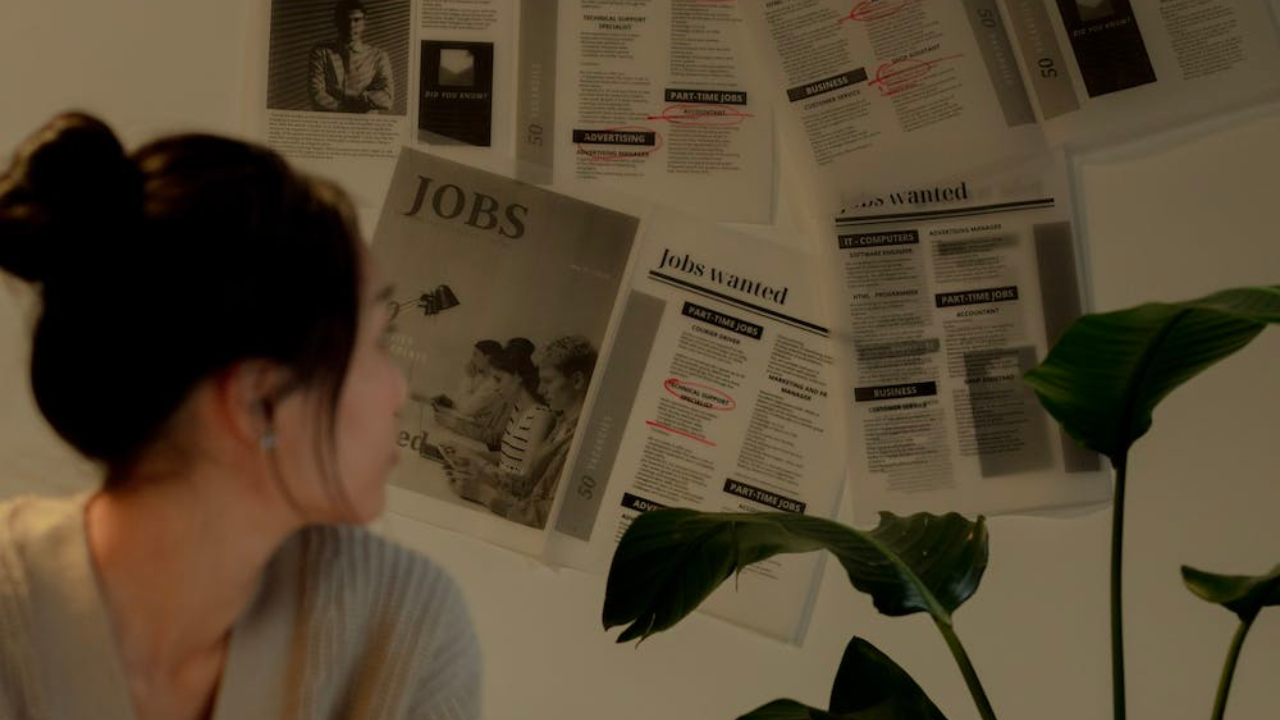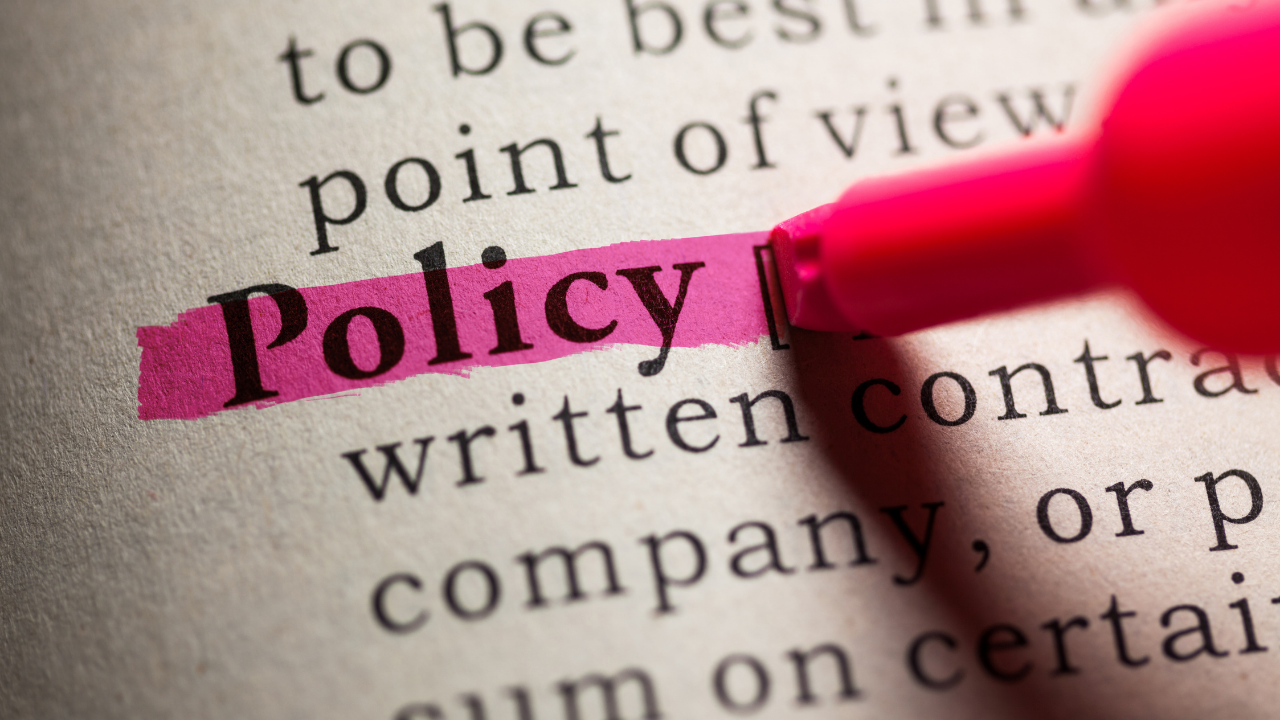Welcome to the ENVIROlocity™ Blog.
Build career momentum to go further, faster with these articles empowering you to make great job search and career moves. For more insights follow us on Substack.
Ever wish there was a way to make the job search easier? In this article, I will walk you through our Three Keys to Landing Your Dream Job while introducing you to a powerful tool that can significantly elevate your job hunting experience and improve...
It’s time to stop applying to no end and start landing interviews.
Most job seekers find themselves getting “stuck” at one point or the other throughout the job search. From our experience, there are three specific spots: when first starting the jo...
Just getting started with the environmental job search? Here’s how to kick things off on the right foot.
When we speak to environmental job searchers, they usually are in one of three stages of the job search — either they’re just starting out, app...
Co-authored by Neha Bhalla
Your technical skills are on point; you can collect field data using mobile equipment, use GIS to map out sampling locations, and communicate the need for sustainable practices. Between labs, internships, and classes, you...
Co-authored by Neha Bhalla
Looking to apply for environmental jobs in the federal sector?
As the environmental job outlook grows, it’s important to remember that a significant number of those jobs are in government. If you’re coming from the priva...
As with most questions about job searching the answer to the question, should I work with a recruiter, is not a simple straight-forward answer.
Plenty has been said already about what recruiters do, who they are, and the pros and cons of working wi...
I refer to your resume, LinkedIn profile, and networking plan as your job search essential. Each of these works together to help ensure your best chances of getting invited to interview. Often times job seekers focus on just the resume. You might hav...









